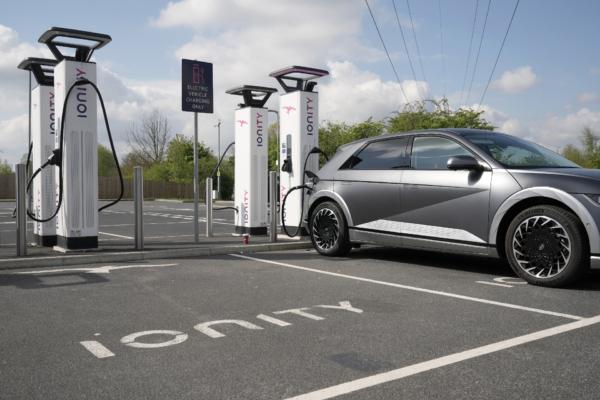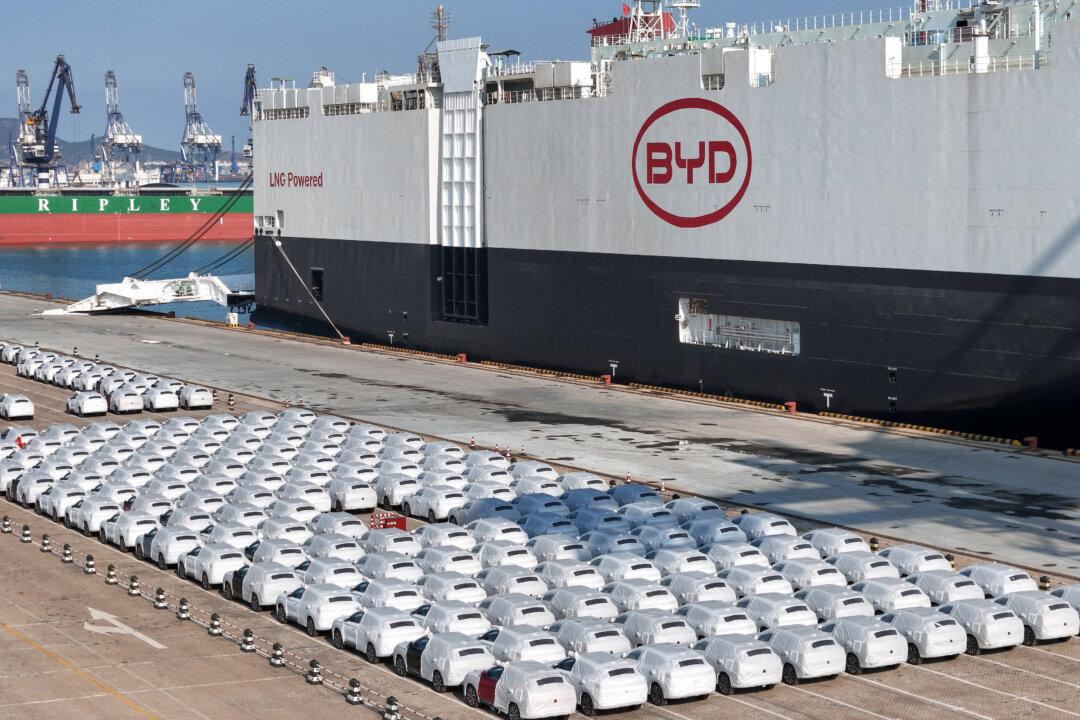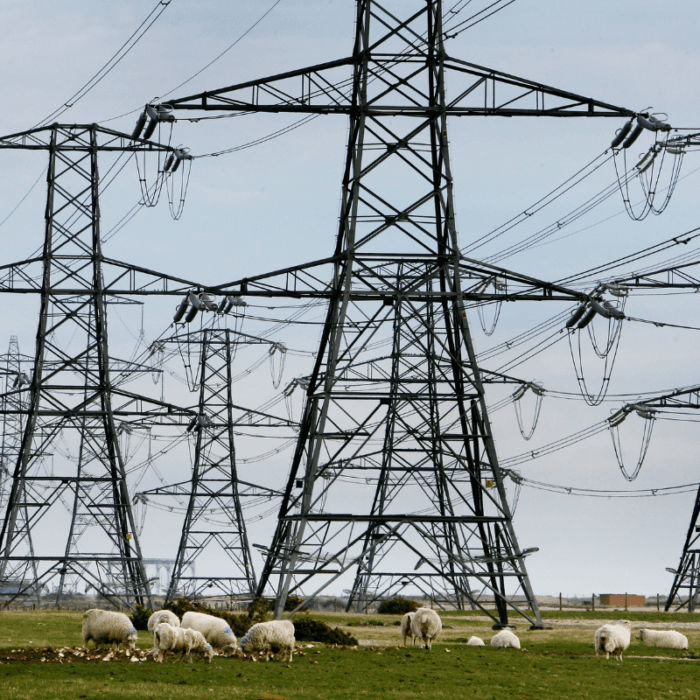Big tax cuts might be required to boost demand for electric vehicles (EVs) from customers put off by the prohibitive cost, MPs have been told.
David Wong, the head of technology and innovation with the Society of Motor Manufacturers and Traders, said manufacturers will miss their sales targets this year and he suggested halving VAT for EVs.
Under the government’s Zero Emission Vehicle (ZEV) mandate, they set targets for 22 percent of all car sales to be electric this year and 10 percent of vans.
But Mr. Wong said, “we’re below that trajectory.”
He said, “Our members feel that the market will be, in terms of battery electric, cars 19.8 percent and vans 8.3 percent, so it’s below the 22 percent for cars and 10 percent for vans.”
‘It’s Not All Doom and Gloom’
But Mr. Wong said: “It’s not all doom and gloom. There are some positives. In the first quarter of this year we registered the highest number of battery electric vehicles in the whole of Europe, beating even the likes of France and Germany.”He added, “Norway is the poster child for electric vehicle adoption, currently the market share is about 90 percent but perhaps not what’s not very widely known is that for 30 years, the Norwegian government has exempted battery electric vehicles from sales tax, from 1991 to 2022.”
Mr. Wong said the high market share in Norway was due to VAT exemption and he added, “So the Norwegian government decided to put money where their ambition was.”
Stephen Latham, general manager at the National Franchised Dealers Association, told the committee removing or cutting VAT from EVs would be the best way of reducing their price.
He said, “We set up a YouGov survey and 42 percent of people who have a driving licence said they would not buy an electric car.”
Mr. Latham said the two biggest reasons given were EVs being “far too expensive” and having little confidence in public charging facilities.
He said: “This comes back to the fact that we’ve got to reduce the price of the cars. The easiest and fairest way is to cut VAT because that brings the actual price down.”
Quentin Willson, a motoring journalist and founder of the EV campaign group FairCharge, said, “We need to give people a reason to buy these cars.”

He called for “inexpensive incentives” for owning an EV, such as free parking and access to bus lanes.
Mr. Willson said “misinformation” in the media is, “really putting people off” from buying EVs.
Lack of Charging Points on Motorways
But Labour MP Fabian Hamilton told the committee there was a paucity of reliable public charging facilities and he pointed out his daughter had taken five hours to make the three-hour journey from London to Leeds because of a lack of charging points on the motorway.Earlier Steve Huntingford, editor of What Car? magazine, told the committee, “The cars are getting better over time, they’re actually very good but the trouble is the interest isn’t there at the moment among private buyers, that is the problem.”
“Effectively the cars are over-supplied at the moment. Manufacturers have been ramping up as if we’re going to buy them and actually we’ve seen a drop off in interest,” said Mr. Huntingford, who blamed stories in the media, some of which he said were “not true.”
Marc Palmer, head of strategy and insights at Auto Trader, said they conducted a survey in the last month asking consumers which stories they believed about electric vehicles.
He said 43 percent of people believed stories about electric cars catching fire and one in five people believed “heavy electric cars will cause car parks to collapse.”
Mr. Palmer said, “So the regular drumbeat of mainstream media negativity is filtering through to people’s general perceptions of electric cars and that is not going to help adoption.”
Earlier this month Martin Sander, general manager of Ford’s electric car business, told the Financial Times Future of the Car Summit they could be forced to restrict the supply of petrol cars in the UK to artificially boost EV sales.
Under the ZEV mandate, manufacturers risk being fined £15,000 per polluting vehicle sold above the limits.







